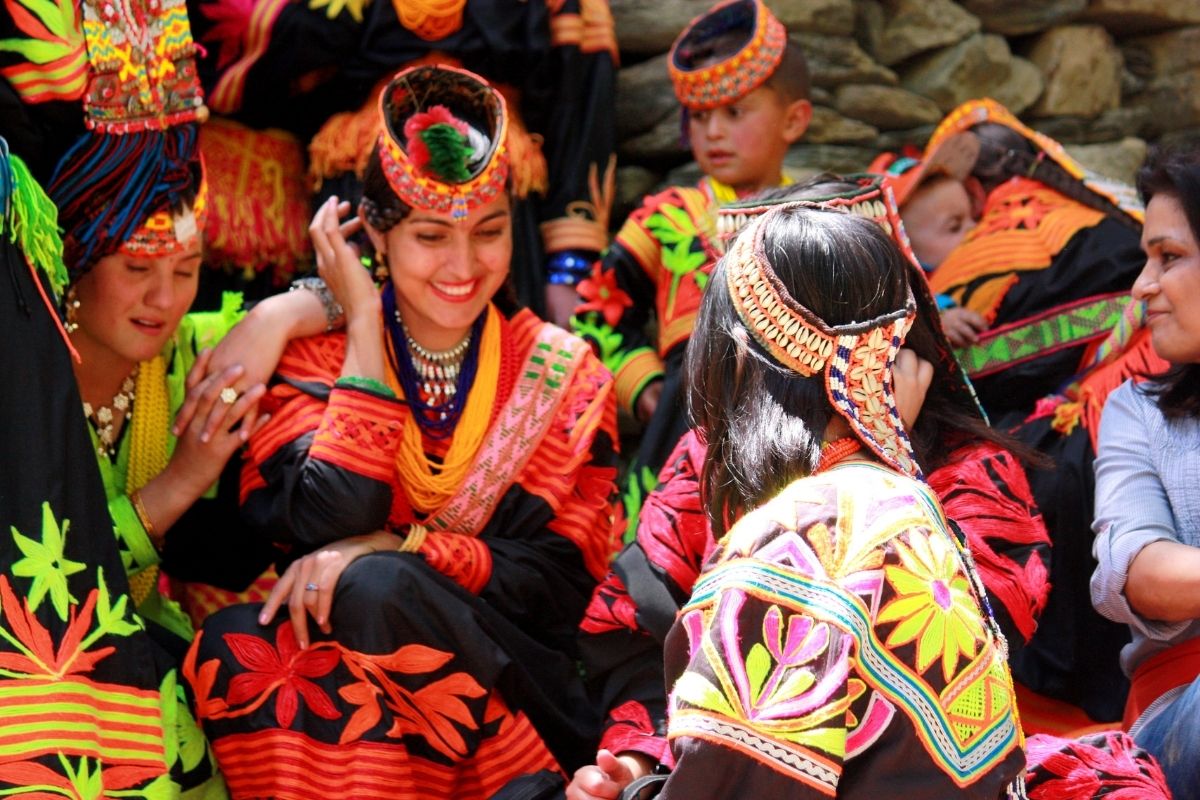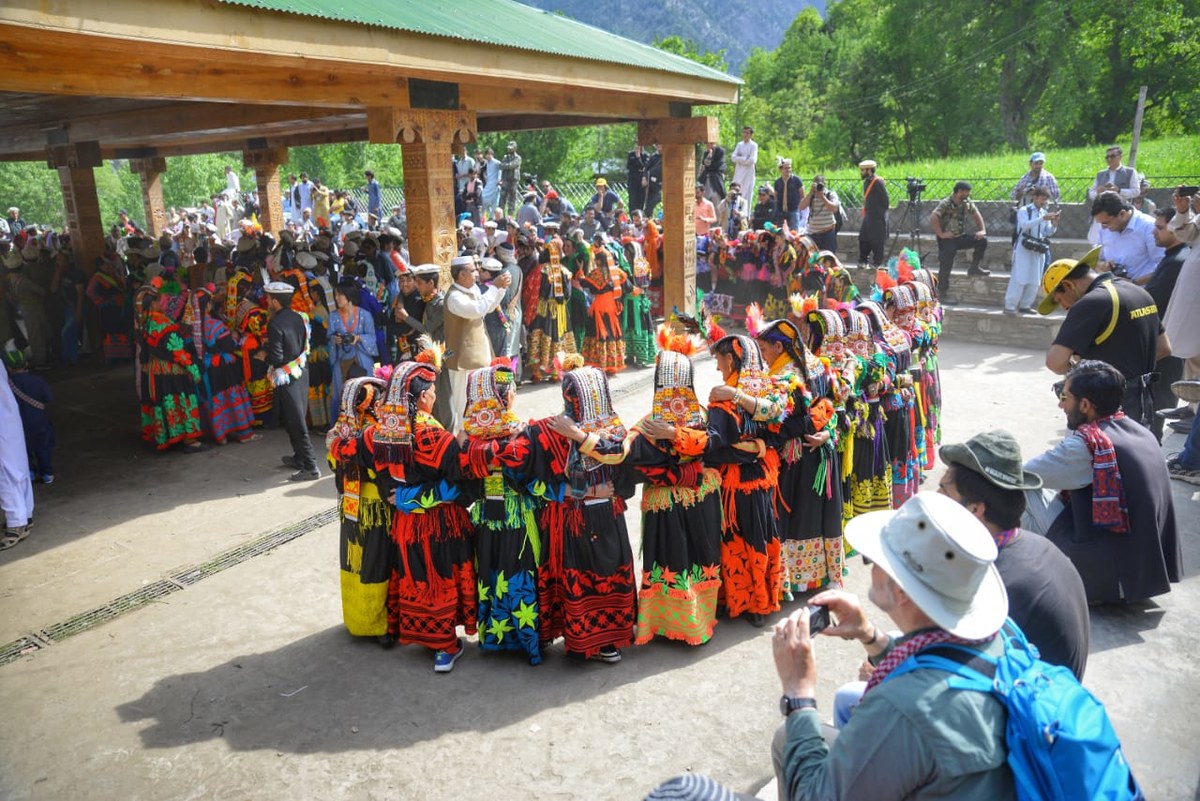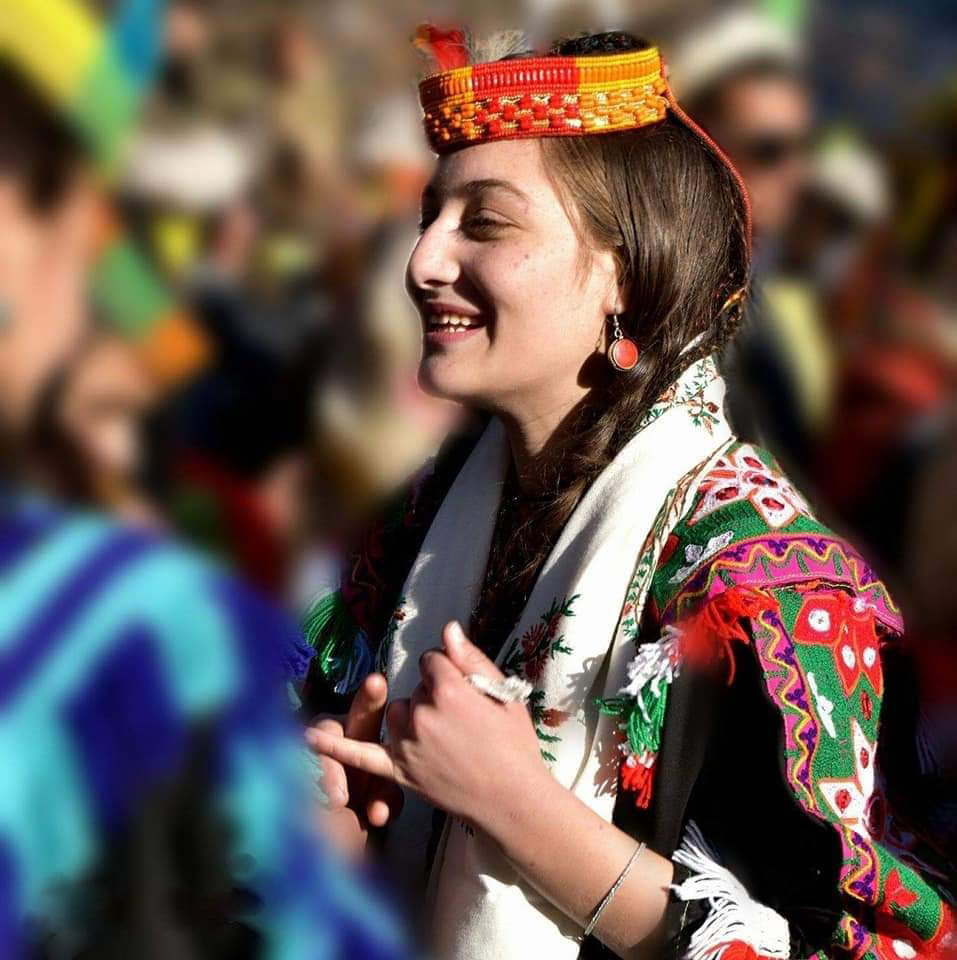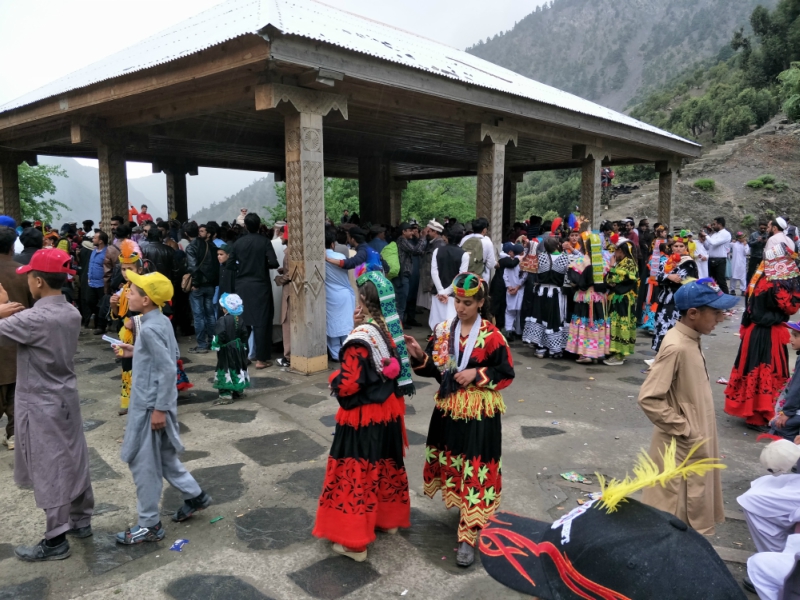Shandur Polo Festival
The Kalash Festivals are vibrant celebrations held annually by the Kalash community in the picturesque valleys of Bumburet, Birir, and Rumbur in the Chitral District of Pakistan. This festival, deeply rooted in the ancient traditions and beliefs of the Kalash people, serves as a testament to their unique cultural heritage and way of life.
The Kalash people, renowned for their distinctive customs, language, and religious practices, are believed to be descendants of Alexander the Great's army. Their isolated mountainous homeland has allowed them to preserve their ancient traditions over the centuries, making them one of the most fascinating and enigmatic communities in the world.
Kalash Festivals
Chilim Joshi Spring Festival (May 13-16)
Joshi festival marks the arrival of spring. People wear new clothes and women accessorize heavily, girls are sent to the hill side for dancing and singing. Women decorate their houses and collect milk from the cattle. Moreover, one year old babies and their mothers are also purified in this festival.
Uchal Festival (August 20-21)
The people of Kalash valley celebrate the famous annual harvesting festival Uchal with singing, dancing and paying homage to the nature for blessing them with barley and wheat harvest season. Special foods, cheese, buttermilk and corn bread, are prepared for the event. Women in traditional dresses preforme dances.
Phool Festival (Mid-October)
The Phool / Autumn Festival is an annual colorful two-day festival in Birir Valley celebrated with high spirit and zeal. The festival marks the reaping of grapes & walnuts harvests. The people sing songs in the local language and perform traditional dances throughout the two-day festival.
Chaumas Festival (December)
The most important Kalash festival is the Chawmos (cawmōs, ghona chawmos yat, Khowar “chitrimas” from *cāturmāsya, CDIAL 4742), which is celebrated for two weeks at winter solstice (c. Dec. 7-22), at the beginning of the month chawmos mastruk. It marks the end of the year’s fieldwork and harvest. It involves much music, dancing, and the sacrifice of many goats. It is dedicated to the god Balimain who is believed to visit from the mythical homeland of the Kalash, Tsyam (Tsiyam, tsíam), for the duration of the feast. Food sacrifices are offered at the clans’ Jeshtak shrines, dedicated to the ancestors.
Book Your Tour
Let Knowledgeable Tour Guides Lead Your Kalash Journey.




